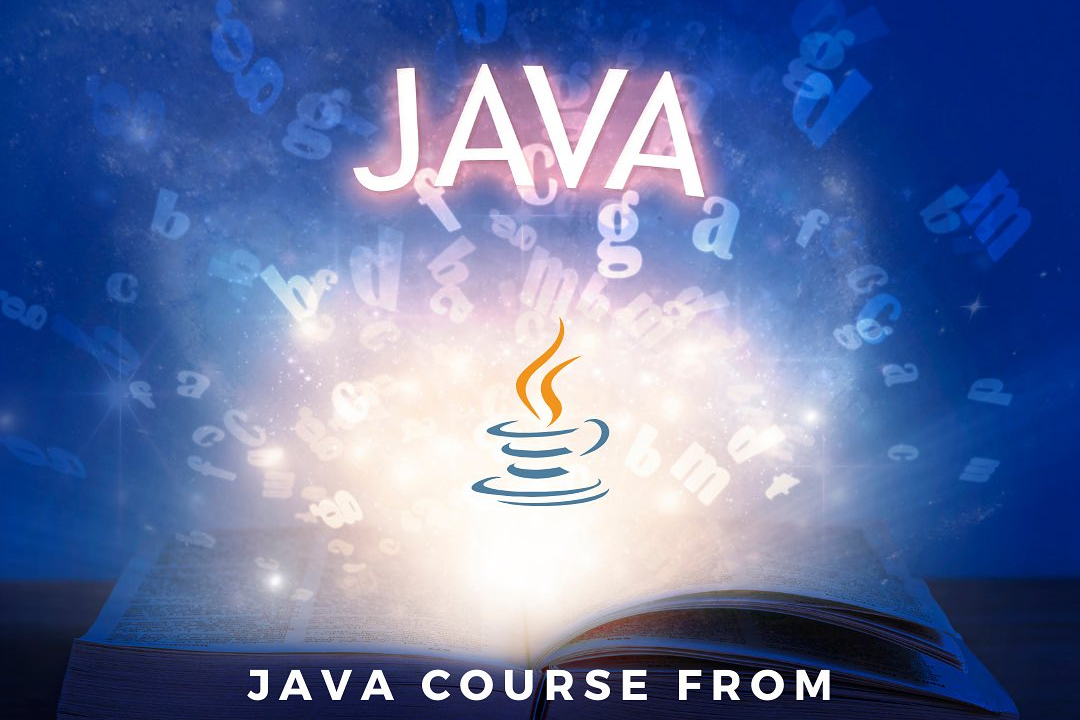core java and advanced java syllabus
Comprehensive Guide to Core and Advanced Java Syllabus
core java and advanced java syllabus
Core Java refers to the fundamental concepts and features of the Java programming language, which include the basics of Java syntax, object-oriented programming principles (like inheritance, polymorphism, encapsulation, and abstraction), data types, control structures, exception handling, and the Java API (such as collections and I/O). The syllabus typically covers essential topics like Java environment setup, classes and objects, interfaces, and standard libraries. Advanced Java, on the other hand, builds on these foundations and delves into more complex areas such as Java EE (Enterprise Edition) technologies, including servlets, JSP (JavaServer Pages), JDBC (Java Database Connectivity), and frameworks like Spring and Hibernate. This part of the syllabus may also encompass concepts related to distributed systems, web services, microservices architecture, and design patterns, as well as topics in concurrency and performance tuning, aimed at developing robust enterprise-level applications.
To Download Our Brochure: https://www.justacademy.co/download-brochure-for-free
Message us for more information: +91 9987184296
1 - Introduction to Java
Overview of Java history, features, and architecture (JVM, JRE, JDK).
2) Java Basics
Understanding Java syntax, keywords, data types, and operators.
3) Control Statements
Exploring conditional statements (if, switch) and loops (for, while, do while).
4) Object Oriented Programming (OOP) Concepts
In depth study of OOP principles: Encapsulation, Inheritance, Polymorphism, and Abstraction.
5) Classes and Objects
Defining classes, creating objects, and understanding constructors and the ‘this’ keyword.
6) Methods and Overloading
Defining methods, understanding method overloading, and passing parameters by value/reference.
7) Arrays and Strings
Working with single and multi dimensional arrays, and manipulating Strings using String and StringBuilder classes.
8) Exception Handling
Introduction to exceptions, try catch blocks, custom exceptions, and the importance of exception handling.
9) Java Collections Framework
Overview of Collections API, including List, Set, Map interfaces, and using classes like ArrayList, HashSet, and HashMap.
10) File I/O
Reading from and writing to files using Java I/O classes, understanding file streams, and serialization.
11) Multithreading
Introduction to threads, creating and managing threads, synchronization, and thread communication.
12) Java Networking
Basics of Java networking, using sockets for client server communication, and handling protocols like TCP/IP.
13) Java GUI Development
Overview of Java Swing and AWT for creating graphical user interfaces, building simple applications.
14) Java Database Connectivity (JDBC)
Connecting Java applications to databases, executing SQL commands, and handling results.
15) Java Annotations and Generics
Understanding annotations, their purpose, and the use of generics for type safety in collections.
Advanced Java Syllabus
- Introduction to Advanced Java
- Understanding the differences between Core and Advanced Java, and the areas of focus in Advanced Java.
- 2) Java Servlets
- Introduction to web programming with servlets, understanding the servlet lifecycle, and handling requests and responses.
- 3) JavaServer Pages (JSP)
- Overview of JSP technology, creating dynamic web content, and integrating JSP with servlets.
- 4) Java Frameworks (Spring)
- Introduction to the Spring framework concepts, dependency injection, and configuring Spring applications.
- 5) Hibernate
- ORM (Object Relational Mapping) with Hibernate, session handling, and CRUD operations.
- 6) Java Web Services
- Understanding SOAP and RESTful web services, creating and consuming web services using Java.
- 7) Java Messaging Service (JMS)
- Introduction to JMS, messaging concepts, and using JMS for asynchronous communication.
- 8) Design Patterns in Java
- Overview of common design patterns (Singleton, Factory, Observer, etc.) and their implementation.
- 9) Microservices Architecture
- Basics of microservices, creating and deploying microservices in Java, and using Spring Boot for development.
- 10) Security in Java Applications
- Overview of securing Java applications, using JAAS, encryption, and secure communication (SSL/TLS).
- 11) Java Performance Tuning
- Techniques for profiling and optimizing Java applications, understanding garbage collection and JVM tuning.
- 12) Unit Testing with JUnit
- Introduction to testing in Java using JUnit, writing test cases, and understanding test driven development (TDD).
- 13) Reactive Programming
- Basics of reactive programming with Java, using frameworks like RxJava and Project Reactor.
- 14) Java 8 Features
- Understanding and utilizing Java 8 features: Lambda expressions, Streams API, and Optional class.
- 15) Deployment in Java
- Packaging Java applications as WAR/JAR files, deployment practices, and using container technologies like Docker.
- This comprehensive syllabus provides a clear roadmap for students to follow as they delve into the world of Java programming, covering both foundational and advanced topics necessary for modern application development.
Browse our course links : https://www.justacademy.co/all-courses
To Join our FREE DEMO Session: Click Here
Contact Us for more info:
Java Interview Questions for 6 Years Experience 2024
Which is better Angular or React
java free certification course
iOS Training in Rajnandgaon
iOS Training in Pandharpur











